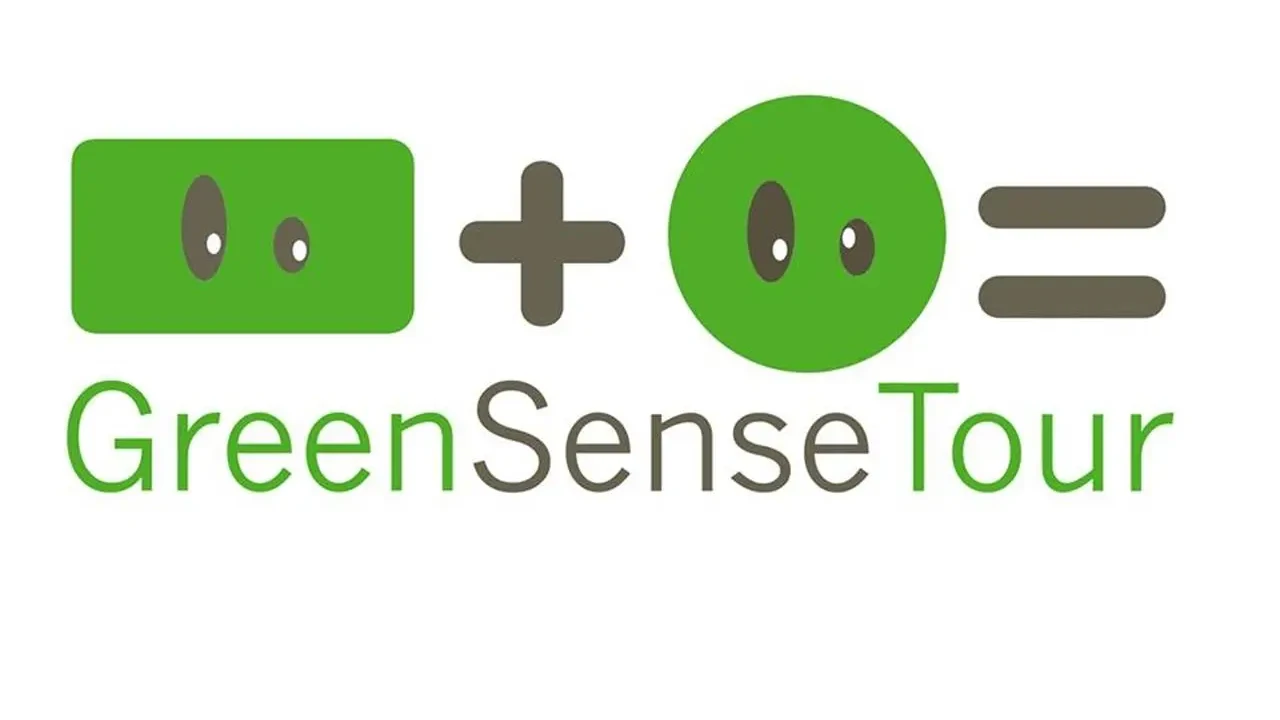Travel Rewards Programs Sustainability
Explore travel rewards programs that support sustainability initiatives. Earn points for eco-friendly choices and redeem them for responsible travel options. Travel responsibly and get rewarded for your efforts.

Understanding Travel Rewards Programs and Sustainability
Okay, so you love to travel, and you're trying to be a bit kinder to the planet? Awesome! Travel reward programs can actually help you do both. But it's not always obvious how. Let's break down how these programs can be a force for good, and how to choose the ones that really walk the walk.
How Travel Rewards Programs Can Support Sustainable Initiatives
Many travel reward programs are starting to incorporate sustainability in a real way. Here's how they do it:
- Partnerships with Eco-Friendly Businesses: Some programs partner with hotels, tour operators, and other businesses that are committed to sustainable practices. When you spend your points with these partners, you're supporting businesses that prioritize the environment.
- Carbon Offset Programs: A growing number of programs allow you to redeem your points for carbon offsets. This helps to counteract the carbon emissions associated with your travel.
- Donations to Environmental Charities: You can often donate your points to environmental charities and organizations. This is a direct way to support conservation efforts.
- Promoting Sustainable Travel Options: Some programs actively promote sustainable travel options, such as train travel or eco-lodges, by offering bonus points or discounts.
Choosing the Right Travel Rewards Program: Key Considerations
Not all travel reward programs are created equal. Here’s what to look for to ensure you're choosing a program that genuinely supports sustainability:
- Transparency: Look for programs that are transparent about their sustainability initiatives. Do they provide details about their environmental impact? Do they disclose their partnerships with eco-friendly businesses?
- Partnerships: Check out the program's partners. Are they truly committed to sustainability, or are they just greenwashing? Look for certifications like B Corp or LEED.
- Offsetting Options: If the program offers carbon offsetting, make sure the projects are credible and verified by reputable organizations.
- Flexibility: Choose a program that offers a variety of sustainable redemption options, such as donations to environmental charities or stays at eco-friendly hotels.
Specific Travel Rewards Programs with Strong Sustainability Initiatives
Let's dive into some specific programs that are doing it right. Keep in mind that program details can change, so always check the latest information on the program's website.
1. Patagonia Action Works
Okay, this isn't a *traditional* travel rewards program, but it's awesome. Patagonia Action Works connects individuals with environmental organizations in their communities. You can volunteer your time, donate money, or sign petitions. While you don't earn points, you get the reward of making a real difference. It's more of a community and connection platform than a reward program. They don't sell anything directly, connecting you to vetted environmental causes.
2. B Corp Certified Programs
Look for travel companies that are B Corp certified. This certification means the company meets high standards of social and environmental performance, accountability, and transparency. While not a specific rewards program, supporting B Corps is a sustainable choice.
3. Airline Specific Programs: United Airlines Eco-Skies Program
Many airlines have started initiatives to reduce their environmental impact. United's Eco-Skies program, for example, focuses on fuel efficiency, sustainable aviation fuel, and carbon offsetting. While not directly tied to rewards, supporting airlines with robust sustainability programs is a good choice.
Sustainable Travel Products You Can Buy With Rewards Points
Okay, let's get practical. You've got those points, now what do you spend them on to maximize your eco-impact? Here are some ideas and product recommendations:
Eco-Friendly Luggage: Patagonia Black Hole Wheeled Duffel
Description: Made from recycled materials, durable, and built to last. Patagonia is a brand known for its commitment to sustainability.
Use Case: Perfect for longer trips where you need to pack a lot of gear. It's rugged enough to handle rough handling and weather.
Comparison: Compared to other wheeled duffels, the Black Hole is more expensive upfront, but its durability and recycled materials make it a worthwhile investment.
Price: Around $350. Can sometimes be found on sale.
Reusable Water Bottle: Hydro Flask
Description: Durable, insulated, and comes in a variety of sizes and colors. Hydro Flask is known for keeping drinks cold or hot for hours.
Use Case: Essential for staying hydrated on the go, whether you're hiking, exploring a city, or just commuting to work.
Comparison: Compared to plastic water bottles, Hydro Flask is a much more sustainable choice. Compared to other reusable bottles, it's known for its excellent insulation.
Price: $30-$50 depending on size.
Bamboo Cutlery Set: To-Go Ware Bamboo Utensil Set
Description: Lightweight, durable, and comes in a convenient carrying case. Made from sustainable bamboo.
Use Case: Perfect for avoiding single-use plastic cutlery when you're eating out or packing a lunch.
Comparison: Compared to plastic cutlery, bamboo is biodegradable and more sustainable. Compared to other bamboo sets, To-Go Ware is known for its quality and durability.
Price: Around $15.
Reef-Safe Sunscreen: Raw Elements Tinted Moisturizer SPF 30
Description: Mineral-based sunscreen that's safe for coral reefs and your skin. Raw Elements is a brand committed to using natural and organic ingredients.
Use Case: Essential for protecting your skin from the sun while swimming, surfing, or just spending time outdoors.
Comparison: Compared to chemical sunscreens, mineral sunscreens are less harmful to coral reefs. Raw Elements is a popular choice for its effectiveness and natural ingredients.
Price: Around $20.
Maximizing Your Impact
It's not just about what you spend your points on, but *how* you travel. Choose direct flights when possible. Pack light to reduce fuel consumption. Support local businesses and economies. Be mindful of your water and energy usage. Leave no trace when you're exploring nature.
The Future of Sustainable Travel Rewards
The good news is, the trend towards sustainable travel rewards is only going to grow. As consumers become more aware of the environmental impact of travel, more programs will be forced to adapt and offer more sustainable options. Keep an eye out for new initiatives and technologies that make it even easier to travel responsibly and get rewarded for your efforts.
:max_bytes(150000):strip_icc()/277019-baked-pork-chops-with-cream-of-mushroom-soup-DDMFS-beauty-4x3-BG-7505-5762b731cf30447d9cbbbbbf387beafa.jpg)






